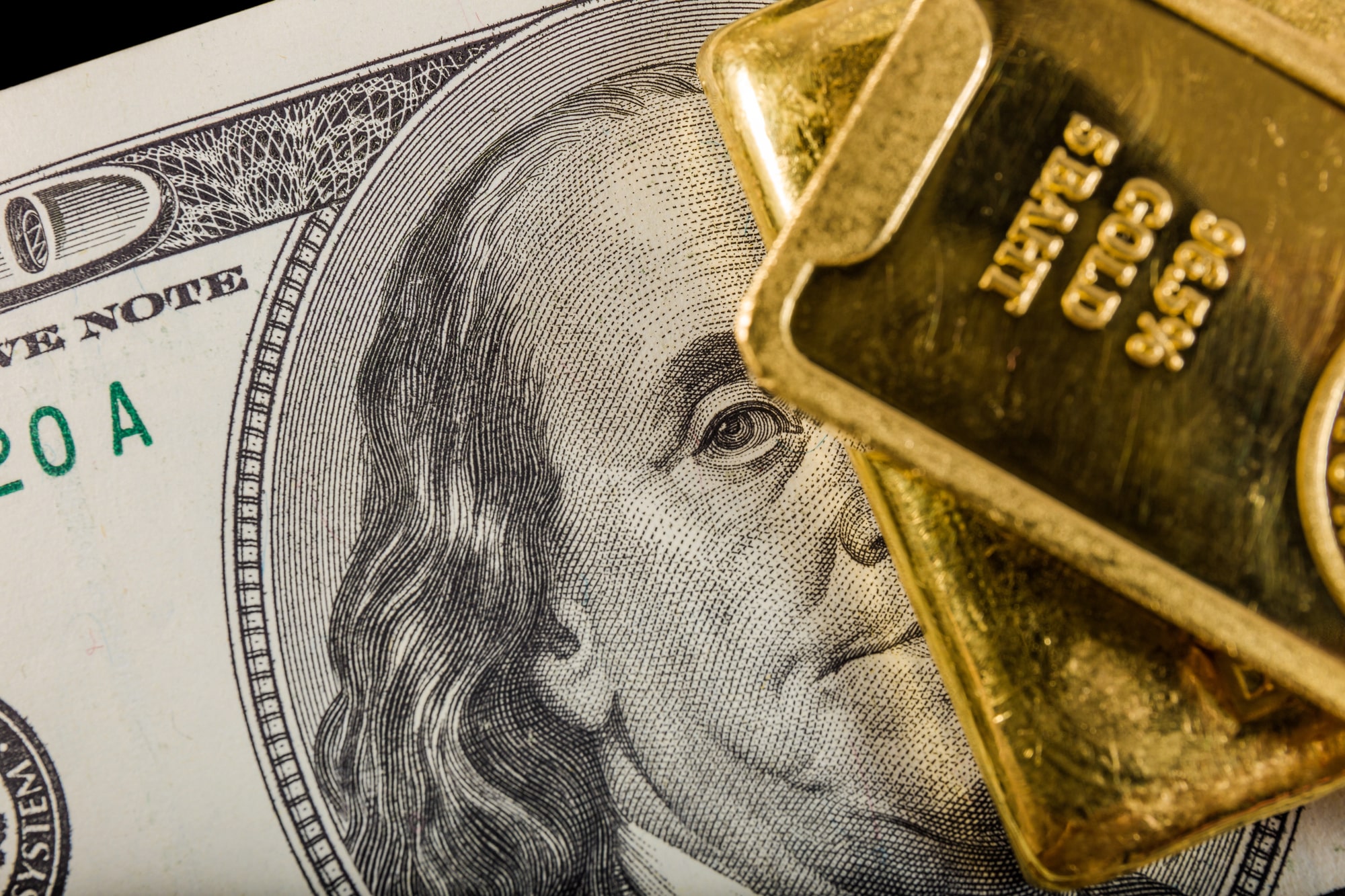For more than half a century, the global economy has operated under a monetary system divorced from gold. The 1971 collapse of the Bretton Woods system, where the U.S. dollar’s convertibility to gold was suspended, ushered in the fiat money era, a regime in which paper currencies are backed by nothing but government decree. Economist Murray Rothbard, in What Has Government Done to Our Money?, particularly in the chapter “The Monetary Breakdown of the West,” details how this transition has distorted economic incentives, weakened the real economy, and fueled financial speculation at the expense of productive investment.
Today, as inflation erodes purchasing power, debt levels spiral out of control, and economic instability grows, Rothbard’s warnings appear more prescient than ever. The post-1970s monetary settlement has disproportionately benefited financial markets while hollowing out industrial productivity, labor markets, and real wealth creation. A return to the classical gold standard offers a remedy: restoring monetary discipline, curbing government excess, and aligning financial activity with real economic production.
Under the classical gold standard, which prevailed in the nineteenth and early twentieth centuries, money had intrinsic value. Gold-backed currencies prevented governments from inflating the money supply arbitrarily, ensuring stable purchasing power, encouraging long-term investment, and easing cross-border investment.
Bretton Woods, established in the aftermath of World War II, was a scarcely satisfactory compromise: though the system maintained a nominal link to gold, it allowed central banks more discretion over monetary policy. As Rothbard chronicles, this system was inherently unstable. Governments, especially the United States, pursued expansionary fiscal and monetary policies that ran counter to the constraints of a gold-backed system.
By the late 1960s, the United States had inflated its money supply to finance the expansion of the warfare and welfare state, leading to an overhang of dollars abroad that far exceeded U.S. gold reserves. Foreign governments, particularly France under President Charles de Gaulle, began demanding gold for their dollar holdings. Facing a run on U.S. gold reserves, President Richard Nixon unilaterally ended dollar convertibility in 1971, effectively dismantling Bretton Woods and ushering in an era of pure fiat money.
With no commodity backing, central banks gained unlimited power to expand the money supply, and governments faced no hard constraints on spending. It quickly led to intense boom-bust cycles, rising debt burdens, and an economy increasingly detached from real production.
Rothbard recognized that fiat money distorts economic incentives, particularly by enabling excessive credit expansion. Without the discipline imposed by gold, central banks, led by the Federal Reserve, could flood markets with liquidity, artificially suppressing interest rates. This, in turn, encouraged speculation over productive investment. The past five decades have demonstrated this dynamic repeatedly:
- Misallocation of capital. Cheap money has encouraged corporations to engage in stock buybacks, mergers, and speculative investments rather than productive expansion. The financial sector has grown disproportionately compared to manufacturing, agriculture, and other wealth-generating industries.
- The erosion of savings and investment. Under the gold standard, stable money preserved purchasing power over time, rewarding thrift and long-term investment. Under fiat money, inflation systematically erodes savings, forcing individuals and businesses into riskier financial instruments simply to maintain wealth. The result is an economy where speculation is rewarded over prudent capital accumulation.
- Chronic inflation and the rising cost of living. The fiat system has enabled persistent inflation, reducing real wages and harming working class and middle class households. While mainstream economists argue that “moderate” inflation is beneficial, in reality, it acts as an invisible tax that transfers wealth from savers to debtors and from the private sector to the government. Since 1971, the U.S. dollar has lost over 85% of its purchasing power, with wages struggling to keep pace with rising costs.
- Government expansion and fiscal irresponsibility. Sound money imposes fiscal discipline, as governments must either tax or borrow to finance spending. Fiat money allows them to bypass this constraint by printing currency to cover deficits, leading to perpetual budget shortfalls, ballooning debt, and an ever-expanding state. The U.S. national debt, which stood at $400 billion in 1971, now exceeds $36 trillion—an increase made possible only by the abandonment of monetary discipline.
- Asset bubbles and financial crises. The post-1971 era has been marked by repeated financial crises, from the stagflation of the 1970s to the savings and loan collapse of the 1980s, the dotcom bust of the 1990s, the housing crash of 2008, and today’s mounting sovereign debt and corporate leverage crises. In each case, the common denominator has been excessive credit expansion fueled by central banks.
To restore stability and real economic growth, a return to sound money is essential. Critics of the gold standard argue that it is “outdated” or too rigid, but Rothbard demonstrated that its principles remain as relevant as ever. A classical gold standard would provide several key benefits:
- Monetary discipline. With gold-backed money, governments and central banks would be forced to maintain fiscal and monetary restraint, reducing inflationary pressures and preventing reckless deficit spending.
- Stable purchasing power. Over centuries, gold has maintained its value far better than fiat currencies. A return to gold would ensure that wages and savings are not eroded by inflation.
- Encouraging productive investment. By ending the era of artificially low interest rates and speculative bubbles, a gold standard would realign capital flows toward productive industries, fostering genuine economic growth rather than financial manipulation.
- Ending the boom-bust cycle. Business cycles have been exacerbated by fiat money and central bank intervention. A gold standard would remove the ability of central banks to artificially inflate credit, reducing the likelihood of speculative booms and subsequent crashes.
The fiat monetary system that emerged in the 1970s has led to an era of financialization, government expansion, and economic instability. While stock markets and asset prices have soared, the real economy—wages, productivity, and manufacturing—has suffered. Rothbard’s analysis remains as relevant today as when he first wrote it: the fundamental problem is unsound money, and the only true remedy is a return to the gold standard.
As inflation continues to erode purchasing power and debt burdens reach unsustainable levels, the failures of fiat money are becoming impossible to ignore. Policymakers, economists, and the public must recognize that a stable, prosperous economy cannot be built on a foundation of ever-expanding credit and government manipulation. Only by restoring sound money can we ensure lasting economic stability and genuine prosperity.
































